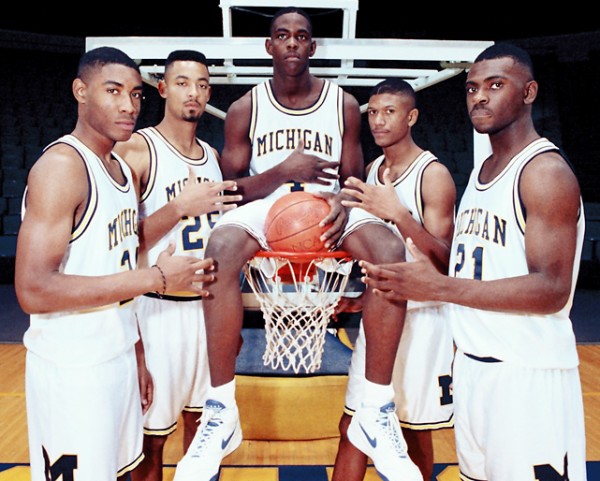Posted by rtmsf on April 14th, 2011
God, let’s hope so.

Hopefully We're Putting This Era to Bed Soon
This site has been on record for a number of years fully in support of a two-and-done NBA rule that would have several corresponding effects. A brief outline:
- Here, we explain why having stars develop their marketability in UNC, Texas or UCLA uniforms rather than sitting the bench for a couple of years in the NBA is not only better for the individual player and NBA teams using the NCAA as its minor league, but also for the sport of college basketball. Casual fans get more excited when they recognize the star players on the marquee teams (think: John Wall vs. Avery Bradley).
- As we explained in this piece, college coaches who publicly support the preps-to-pros or MLB model (where a player can go pro either out of HS or three years later) are either being disingenuous to appear like they truly care about players’ best interests, or they’re forgetting just how frustrating and wasteful it was. After spending years recruiting elite players only to have them bail to the pros in late spring of their senior year, coaches were left scrambling to find last-minute replacements and having to explain to their fans why they had huge holes in their lineups the next year (see: Shaun Livingston, Gerald Green, JR Smith, et al).
- And in this analysis, we showed that although having elite freshman talent might seem like the right thing to do, it probably won’t win you a championship in the current environment. Depending on what Terrence Jones, Brandon Knight and Jeremy Lamb do this month, as few as five and as many as eight one-and-dones have played in the Final Four in the last five years, with Lamb the only player to have won a title (as a second banana behind a NPOY candidate, mind you).
As we approach the expiration of the NBA’s Collective Bargaining Agreement between owners and players at the end of June, we’ve anticipated that an extension of the one-and-done rule to two years would be a significant chip on the bargaining table. A report last week from Yahoo! Sports suggests that “about two-thirds” of NBA owners want to see such a rule implemented in the new deal next season. The players’ union is against it for obvious reasons, but as this PBT article outlines, if it comes down to a situation where major-dollar negotiations hinge on protecting its union-member veterans in exchange for requiring another year of college for future members, we know which outcome is the most likely.

Teams Like This Make the Sport Popular (AP)
What does it mean? The game of college basketball is probably as popular as it’s ever been in terms of whole numbers, but among the all-important casual fans, it perhaps pales to what it was two decades ago when most players stayed a minimum of two years. We can’t tell you how many times we’ve talked to some of these folks about college hoops only to have them shrug their shoulders with indifference and say something like,”I just don’t like having to learn the new good players every year. There’s no continuity.” We can argue just how truthful that statement might be, but the important part is that the perception exists. The possibility of another transcendent team like Michigan’s Fab Five (where fans got to know every single starter intimately for two solid seasons) simply hasn’t been possible in the last fifteen years; with the strong possibility of a two-and-done rule taking hold soon, college basketball fans will finally get back to the glory days of watching great teams develop over a longer and more natural period of time. If you love the game (or even if you only like it), this should be something we can all get behind.
| rtc analysis
| Tagged: 1-and-dones, avery bradley, brandon knight, collective bargaining agreement, gerald green jr smith, jeremy lamb, john wall, kentucky, nba draft, shaun livingston, terrence jones, two-and-done
Share this story













































